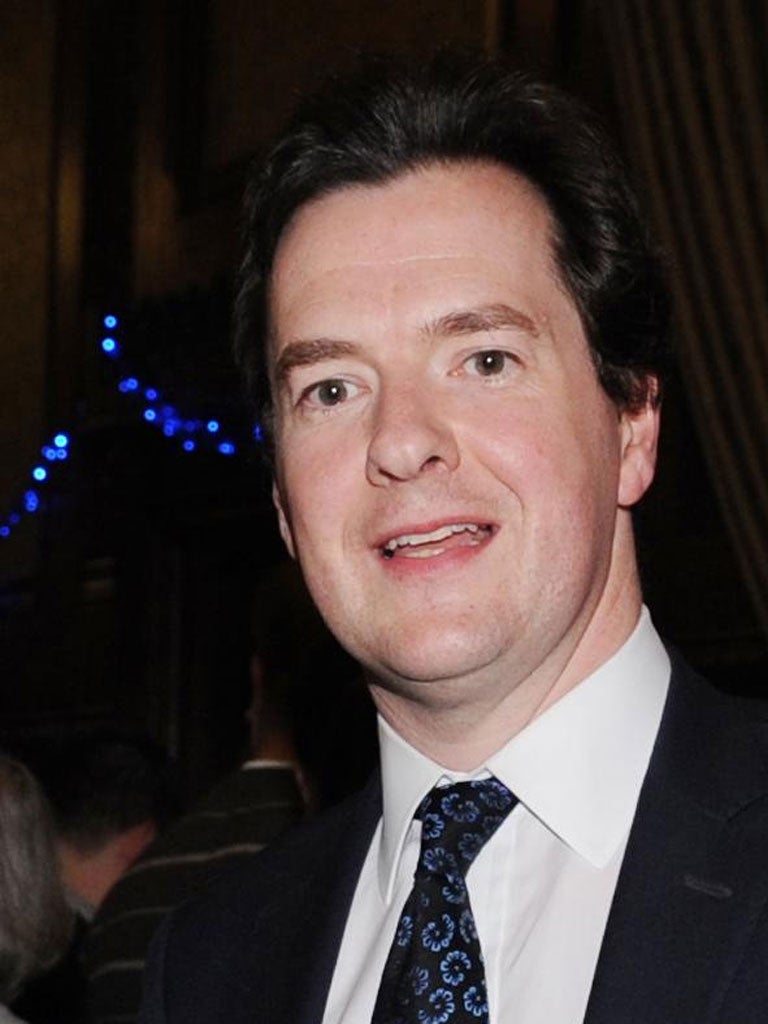Lisa Markwell: Politics - the Italian way
FreeView from the editors at i

For complicated reasons, I found myself on a ferry in rural northern Italy this week. I struck up a conversation with a friendly middle-aged Italian lady who was travelling the same route as me and after small talk about the weather, the region and where we were both headed, the conversation turned to politics.
It was the morning of the day that Mario Monti announced his austerity measures for Italy, and my companion talked, at length and fluently, about the mess that her country was in. She also – to my amazement – defended Silvio Berlusconi's tumescent reputation, saying she could forgive him for his sexual peccadilloes, just not his greed and mismanagement of the nation's fortunes.
But what really astonished me was the depth and breadth of her knowledge of the finer points of the eurozone crisis. She could name all of the key players, and knew Mario Draghi's every career move, going back decades.
Now one might argue that since Italy is in such a parlous state, it would be a strange citizen that wasn't paying attention. But contrast it with the conversation my friend Alice overheard on a train to Swindon a couple of days ago...
A group of youngish business folk were obviously travelling to a conference or similar. Two of the women broke away and started chatting. "I know it's odd, but I quite fancy that George Osborne," said one. "Who's he?" asked the other. "You know, the Chancellor," said woman one. Blank stare. "Ed Miliband's not bad," she continued. "Actually not him, his brother, can't remember his name." Blank stare again.
Now, I work for a national newspaper and sometimes I struggle to keep tabs on every cabinet move and (frequently bogus) initiative. So I wouldn't expect Britain's citizens at large to be political experts, but the inability to recognise the name of the men who are at the top of the country? Rather deflating.
It would be wrong to make sweeping generalisations about one European nation being more engaged with politics than another – no doubt there are plenty of Italians who are too busy bunga bungaing to get acquainted with Super Mario's slightly underwhelming fiscal strategy. But I tried a few more exchanges and eavesdropped on others and (halting language skills allowing) each person was clued-up and passionate about their fate, and the fate of their currency.
Here, the main topics of conversation are the military wives choir vs. X Factor and the weather. Just a little knowledge wouldn't – in this case – be a dangerous thing.
Join our commenting forum
Join thought-provoking conversations, follow other Independent readers and see their replies
Comments
Bookmark popover
Removed from bookmarks